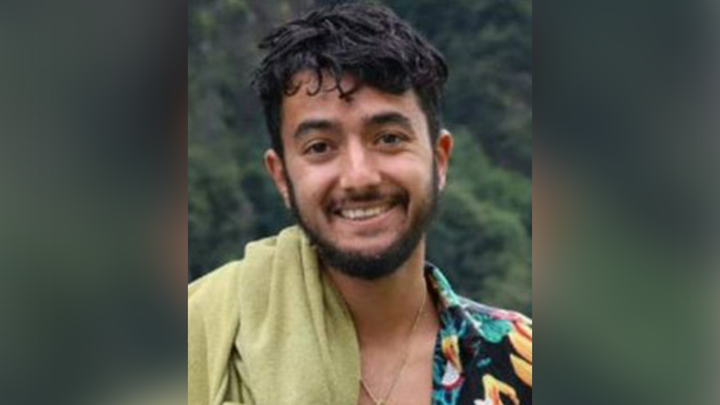In a deeply sorrowful development, the family of Hersh Goldberg-Polin has confirmed his death, announcing the tragic news early Sunday. Hersh Goldberg-Polin, a 23-year-old dual U.S.-Israeli citizen, was abducted during the Hamas attack on Israel on October 7th. His death marks a heart-wrenching moment for his family and the wider community, reflecting the ongoing tragedy of the conflict.
Goldberg-Polin, who had immigrated to Israel with his family in 2008, was attending a music festival in southern Israel when he was taken hostage. He had previously sustained severe injuries, losing part of his left arm due to a grenade attack. His body, along with five other hostages, was recovered on Saturday from tunnels under Rafah, an area heavily impacted by the conflict. Reports indicate that these hostages were killed by Hamas shortly before the arrival of Israeli Defense Forces (IDF).
Goldberg-Polin’s family, including his parents Jon Polin and Rachel Goldberg, and his two sisters, have been vocal advocates for his release. They traveled extensively, meeting with world leaders and urging for international intervention. Their efforts were part of a broader global appeal for the safe return of hostages taken during the ongoing conflict.
The death of Hersh Goldberg-Polin has prompted a strong response from political leaders. President Joe Biden expressed his profound sadness and outrage over the news. In his statement, he condemned the actions of Hamas, vowing that the organization’s leaders would be held accountable for their crimes. “It is as tragic as it is reprehensible,” Biden said, reaffirming the commitment of the U.S. to work tirelessly for the release of remaining hostages.
Vice President Kamala Harris also condemned the actions of Hamas, labeling the organization as “evil” and calling for global condemnation of its actions. Harris highlighted the broader impact of the conflict, noting the suffering inflicted on both Israeli and Palestinian civilians. She underscored the need for decisive action against Hamas and emphasized the importance of addressing the humanitarian needs of all affected communities.
The other hostages who lost their lives alongside Goldberg-Polin include Carmel Gat, Eden Yerushalmi, Alexander Lobanov, Almog Sarusi, and Master Sergeant Ori Danino. Their deaths further underline the severe human cost of the ongoing violence. According to the IDF, these individuals were shot by their captors just before Israeli troops arrived at the scene.
Israeli President Isaac Herzog expressed deep condolences to the families of the deceased hostages. He acknowledged the grief and frustration felt by the families and apologized for not being able to bring their loved ones home safely. “I embrace their families with all my heart,” Herzog said, reflecting the shared sense of loss felt across the nation.
Rear Admiral Daniel Hagari, an IDF spokesperson, confirmed that the hostages were found in an underground tunnel and were killed shortly before IDF troops reached them. This information adds to the tragic narrative of the conflict, illustrating the brutal conditions faced by those caught in the crossfire.
The confirmation of Hersh Goldberg-Polin’s death and the recovery of the other hostages’ bodies come amidst a broader context of violence and instability in the region. The ongoing conflict has led to significant loss of life and has strained humanitarian efforts, with numerous international organizations calling for a ceasefire and increased support for affected communities.
In the wake of these tragic events, there is a renewed call for peace and resolution. The loss of lives like Hersh Goldberg-Polin’s underscores the urgent need for a comprehensive approach to address both the immediate and long-term challenges in the region. The international community continues to monitor the situation closely, hoping for a resolution that will bring relief to all those affected by the conflict.
As the world reflects on this latest tragedy, the focus remains on supporting the grieving families and working towards a peaceful resolution that can prevent further loss and suffering. Hersh Goldberg-Polin’s story is a poignant reminder of the human cost of conflict and the ongoing need for compassion and understanding in addressing the crisis.
